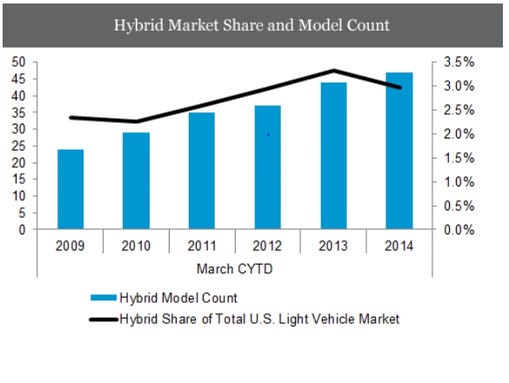Climate change is a devil of a problem.
It's slow moving, the inertia with both the problem and our reaction to it is massive - meaning that it'll take massive action and effort to slow it down as well, and the responsibility is diffuse. Not just psychologically but politically and socially... and there's all sorts of tragedy of the commons/game theory stuff happening.
It's been described by many as the perfect problem - in its extent and in how well it defeats our problem solving mechanisms.
The only trump card we have is accelerating and unexpected technology progress. Technology is one of those factors that has repeatedly in our past changed our behaviour in significant ways, in turn altering the way we relate to our environments, to each other and our ecosystem.
The solution is really to leverage the technology to achieve the best outcome for all concerned. We can only solve this problem in a way that gets people to act synergistically with the methods we devise. We can tell them not to do this or not to do that until we're blue in the face - but as long as the psychology of a human being means that there's a great chance that they're willing to deny the problem irrespective of what evidence you throw at them, then it means that all the big problems of human action will remain.
Luckily... we're rapidly making some of the strides we need to get where we need to go. Solar panel growth is growing at a rate far exceeding even the most optimistic predictions from the last 5-10 years. Additionally, battery capacity growth is ramping up at the same time that battery technology solutions are diversifying (molten salt is a promising vector for economic household storage, along side Tesla's home battery storage plan).
On the other side of the equation is that the younger generation are using less energy than their parents, as a function of changing lifestyles and demands. Less car usage, smaller houses/apartments, etc. Less embodied energy really.
On the mid term horizon, we have Virtual Reality changing the way we think about computing, and changing the rules on how we interact with our society and environment.
It is possible to improve the technology to the extent where it becomes the default socializing tool. When that happens, massive sea-change will occur at the structural societal level - work, education, services can be shifted too the 'net, much more so than it is even now. This in turn effects commute, traffic, property demand and prices, consumption etc. VR is no less than a tool that changes the material/experiential dichotomy. That is, we can use digital information to provide experiential information, allowing us to circumvent the physical materials (and the energy of manufacturing, distributing, etc) required to create that experiential information otherwise.
We've already passed the point where we can avoid climate change unscathed. But we haven't passed the threshold where we're doomed - where no action, no matter the magnitude and efficacy can stop us from been boiled alive... the actions, ideas and societal changes we allow to happen in the next decade or two will determine our long term future as a species.
We'll suffer significant humanitarian crisis... but it's still our choice whether or not we vault past these problems, or reset the clock of civilization, pushing it back hundreds to thousands of years.


